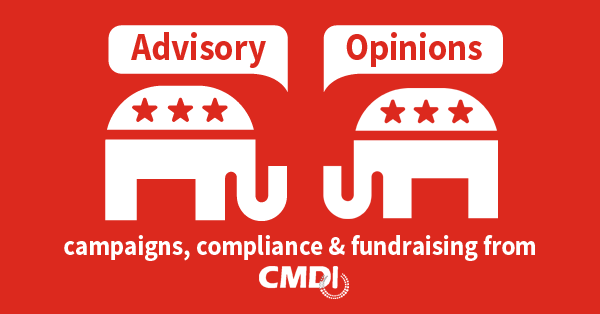This week, the Supreme Court will hand down their decision in the anticipated Janus vs. AFSCME case. In this episode, Jack and Adrienne discuss how elections are likely to change if the Supreme Court rules against public sector unions.
Currently, only 6.5% of private sector workers are members of a labor union. However, 34.4% of government employees, at local, state and federal levels, are part of a public sector union. Approximately 50% of this membership is concentrated in California, New York, Illinois, Pennsylvania and Ohio.
Given the battle ground status of Pennsylvania and Ohio and the Democratic dominance in California, New York, and Illinois, elections could be radically different after this election. Labor unions dominate get-out-the-vote (GOTV) efforts for top ballot races, and often donate substantially to local elections.
What is Janus vs. AFSCME?
It is anticipated that the Supreme Court will rule in favor of Mark Janus, who is required to pay “fair share” dues to the American Federation of State, County and Municipal Employees through his job at the Illinois Department of Healthcare and Family Services. In 1977, the Supreme Court decided that labor unions could require agency fees that are used in apolitical services, such as collective bargaining. Janus claims that because labor unions are political actors, any forced dues require employees to support political activity they oppose.
Why the expected outcome in Janus? Following the death of Justice Antonin Scalia, the Supreme Court tied on a similar case in 2016 with a 4-4 vote in Friedrichs vs. California Teachers Association. With the addition of Justice Neil Gorsuch, it is anticipated that the Court will side against public sector unions.
Resources:
How AFSCME's Demands Invited the Janus Case | Chicago Tribune
Janus v. American Federation of State, County, and Municipal Employees, Council 31 | SCOTUSblog
The Supreme Court Case that Could Kneecap Public Sector Unions, Explained | Vox
What Imminent Janus Ruling Means for Government Unions | California Policy Center
Listen to the episode and subscribe to Advisory Opinions on Google Play, iTunes, and Tunein.
The views and opinions expressed on this podcast are those of the hosts and do no necessarily reflect the policies or positions of CMDI, or any other agency, organization, employer, or company.
